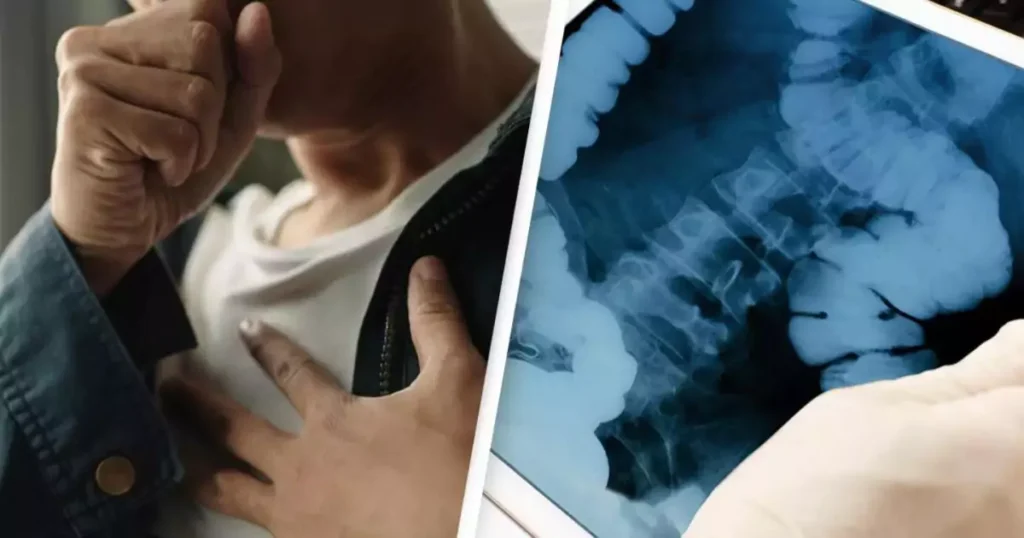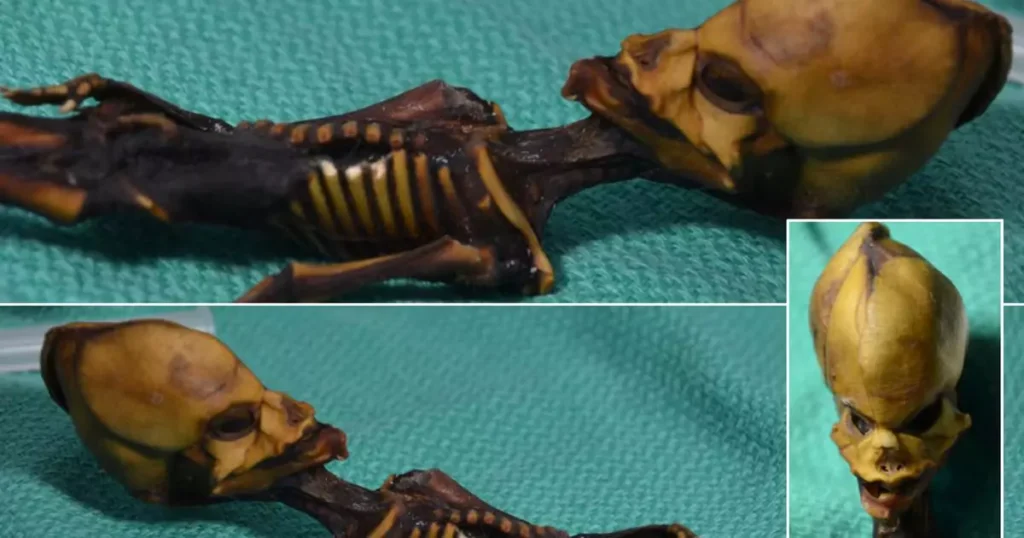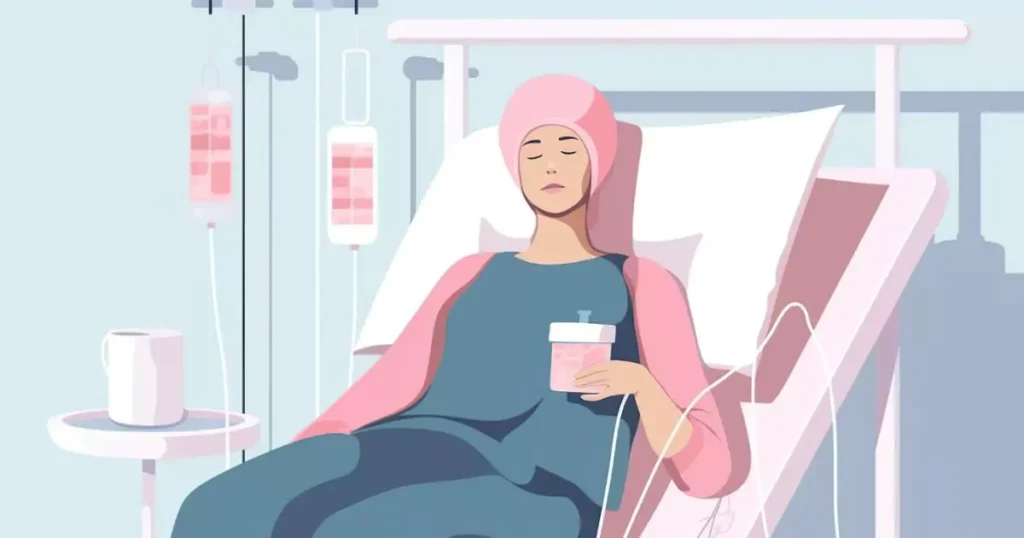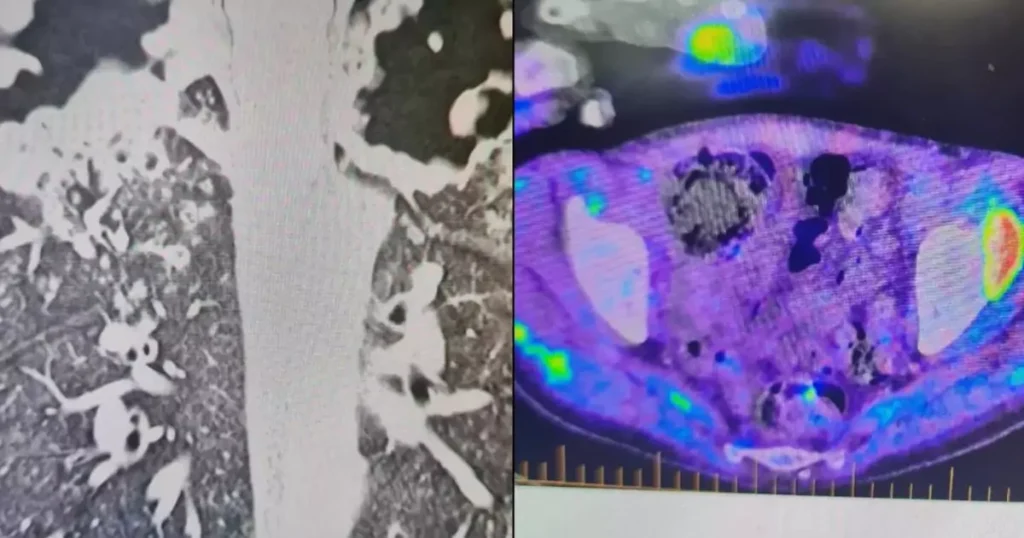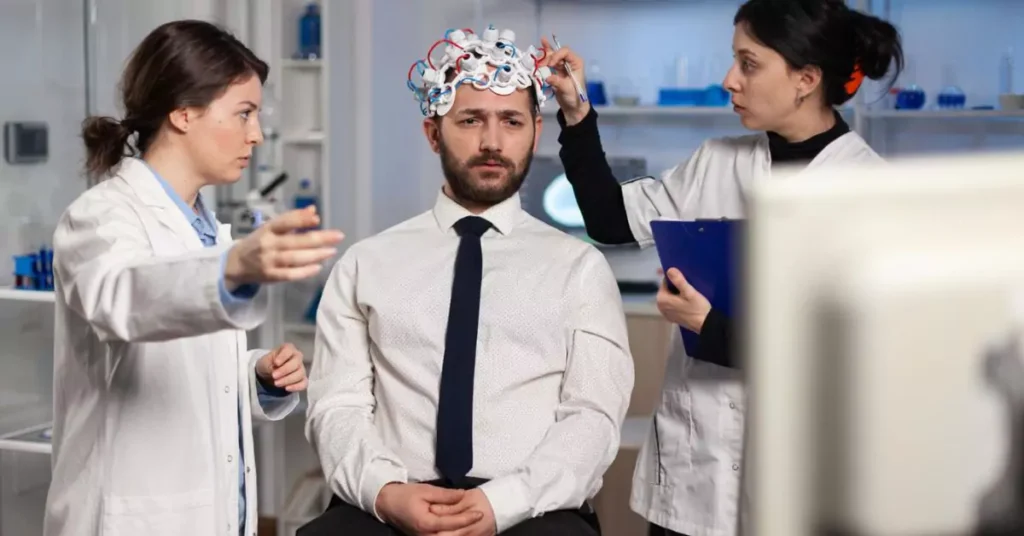
In a groundbreaking discovery, scientists have found that Alzheimer’s disease can spread from human to human, but only through rare medical accidents. This revelation stems from a study involving patients who received a growth hormone derived from the pituitary glands of deceased donors with Alzheimer’s. The implications of this discovery are significant for medical research and public health, although the risk to the general population remains extremely low.
The Discovery: How Alzheimer’s Can Spread
The research, published in January 2024, identified that some patients who received these contaminated growth hormone transplants developed early-onset symptoms of Alzheimer’s disease. The pituitary gland, located at the center of the brain near the eyes, produces and releases hormones essential for various bodily functions. The practice of using human-derived growth hormones was halted decades ago due to the risk of transmitting Creutzfeldt-Jakob disease (CJD), a fatal brain condition. However, this new study has uncovered another potential risk associated with these transplants.
Key Findings of the Study
The study raised the alarming possibility that patients who received contaminated growth hormones (c-hGH) might eventually develop Alzheimer’s disease (AD) if they did not succumb to CJD. Despite this, experts emphasize that Alzheimer’s is not contagious in the traditional sense. This means that Alzheimer’s disease cannot be transmitted through casual contact, respiratory droplets, or any typical means of infection.
Prof. John Collinge, a co-author of the study, clarified, “We’re not suggesting for a moment you can catch Alzheimer’s disease. This is not transmissible in the sense of a viral or bacterial infection. It’s only when people have been accidentally inoculated with human tissue or extracts of human tissue containing these seeds, which is thankfully a very rare and unusual circumstance.”
Medical and Ethical Implications
The discovery has profound implications for medical ethics and safety protocols. The use of human tissue in medical treatments has always carried risks, but this new evidence suggests the need for even stricter controls and screening processes. Ensuring the safety of medical transplants is crucial to prevent such rare but severe outcomes.
Andrew Doig, a professor of biochemistry at the University of Manchester, highlighted that any trial involving tissue transfer is conducted with extreme caution. He reassured the public, stating, “While the new type of Alzheimer’s reported here is of great scientific interest, as it reveals a new way to spread the disease, there is no reason to fear it, as the way in which the disease was caused was stopped over 40 years ago. Disease transmission from human brain to brain in this way should never happen again.”
Understanding Alzheimer’s Disease
Alzheimer’s disease is a neurodegenerative disorder characterized by progressive memory loss, cognitive decline, and behavioral changes. It is the most common cause of dementia among older adults. The exact cause of Alzheimer’s is not fully understood, but it involves the buildup of amyloid plaques and tau tangles in the brain, which lead to neuronal damage and brain cell death.
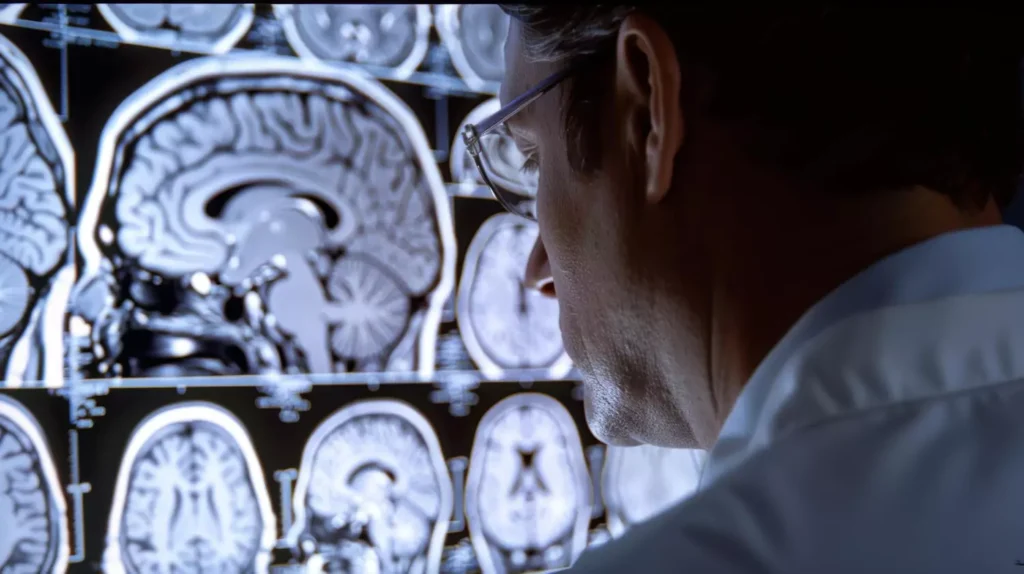
Genetic Factors
While this study has identified a rare method of transmission, most cases of Alzheimer’s are linked to genetic factors, age, and lifestyle. Genetic predisposition plays a significant role in the development of Alzheimer’s. Specific gene mutations, such as those in the APP, PSEN1, and PSEN2 genes, are known to cause familial Alzheimer’s disease, which typically manifests at a younger age.
Recent studies in Spain and the United States have provided deeper insights into the genetic factors of Alzheimer’s. Researchers analyzed over 3,000 brains from another 10,000 people and discovered that carrying two copies of the same gene could account for 1 in 6 cases of Alzheimer’s. This discovery is crucial for developing targeted treatments for those with this genetic predisposition.
Environmental and Lifestyle Factors
Apart from genetic factors, environmental and lifestyle choices also contribute to the risk of developing Alzheimer’s. Factors such as diet, physical activity, cognitive engagement, and cardiovascular health play a role in determining one’s risk of developing Alzheimer’s disease.
Medical Accidents: A Rare but Serious Concern
The discovery that Alzheimer’s can spread through rare medical accidents involving contaminated human tissue highlights the importance of rigorous safety measures in medical procedures. This finding underscores the need for ongoing vigilance and strict protocols in the handling and use of human-derived medical products.
Alzheimer’s Research: Moving Forward
The new findings add a critical layer of understanding to Alzheimer’s research. While the risk of such transmission is minimal, the study highlights the complexity of Alzheimer’s disease and the importance of continued research. By exploring all possible causes and mechanisms, scientists can develop more effective treatments and preventive measures.
Public Health Implications
Despite the alarming nature of the discovery, it is important to note that the risk to the general public remains extremely low. Alzheimer’s disease cannot be spread through casual contact, and the medical practices that led to these rare cases were discontinued decades ago. Public health officials emphasize that there is no need for alarm among the general population.
Alzheimer’s Disease: Common Misconceptions
One of the key takeaways from this discovery is the need to address common misconceptions about Alzheimer’s disease. It is not a contagious condition that can be spread through typical human interactions. Understanding this distinction is crucial for reducing stigma and promoting accurate public knowledge about the disease.
The Role of Medical Professionals
Medical professionals play a vital role in educating the public and ensuring that accurate information about Alzheimer’s disease is disseminated. By staying informed about the latest research findings, healthcare providers can better support patients and their families.
The discovery that Alzheimer’s can spread through rare medical accidents involving contaminated human tissue is a significant development in medical research. While the risk to the general population is minimal, this finding underscores the importance of rigorous safety measures and ongoing research into the causes and mechanisms of Alzheimer’s disease.
Understanding the genetic, environmental, and rare medical factors that contribute to Alzheimer’s is essential for developing effective treatments and preventive measures. As scientists continue to explore the complexities of this devastating disease, the ultimate goal remains to improve the quality of life for those affected and to find a cure.
For more information on Alzheimer’s disease and related research, visit the Alzheimer’s Society and stay informed about the latest scientific developments.


